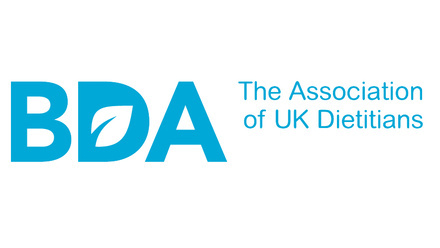It has been announced by the Department for Health and Social Care and the Department for Environment, Food and Rural Affairs that non-wholemeal wheat flour will now be fortified with folic acid from the end of 2026. This welcomed move, which has been in discussion since the 1990s, will reduce the risk of babies being born with neural tube defects and reduce nutritional deficiencies and health inequalities.
The British Dietetic Association’s (BDA) Public Health and Fertility and Women's Health (Maternal and Fertility) Specialist Groups have praised this long-awaited decision, which the BDA has supported in calls for evidence for decades.
Flour is already fortified with calcium, niacin, thiamine and iron to improve public health. The government has suggested that the addition of folic acid will reduce neural tube defects by 20% and improve the health of pregnant women.
Folate is essential for preventing neural tube defects, such as spina bifida in unborn babies. Women planning pregnancy are advised to take a 400mcg supplement of folic acid (the synthetic form of folate) prior to conception and up to 12 weeks of pregnancy. However, with up to 50% of UK pregnancies considered to be unplanned, many people miss this important window of opportunity.
Many other countries such as the USA and Canada have already introduced fortification of flour with folic acid and have seen a significant drop in babies born with neural tube defects. So, this is really positive news for UK maternal health.
The BDA would also add that a review of existing voluntary supplementation of foods with folic acid would be helpful for greater consistency, which would support more accurate dietary assessment of folic acid intakes.
The BDA would also like to see more clarification of the fortification of gluten free flours and other flours used by culturally diverse groups to ensure widespread access.
- Please note that women planning a pregnancy are still advised to take a folic acid supplement for three months prior to getting pregnant and for at least three months during pregnancy.







